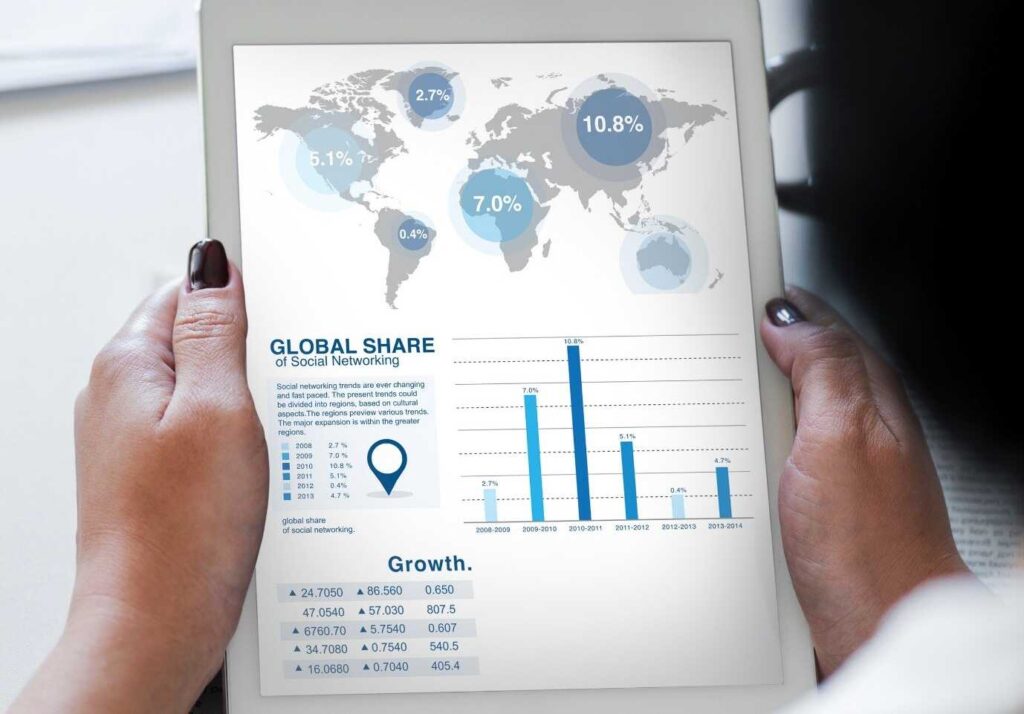
The Effects of Globalisation on the E-Commerce Industry
Globalisation has had a profound effect on the e-commerce industry. Over the last few years, with improvements and advancements in broadband and mobile technologies, the world has become more connected than ever.
This connectivity has caused the e-commerce industry to grow on a truly global scale. Think about it—nowadays, many internet users around the world can log on and connect to any website for any business, even if they are on the other side of the planet.
The effects of globalisation have meant that businesses must adapt by creating localised digital content for their existing and potentially international markets. It has also pushed businesses that commonly pursued sales primarily through brick-and-mortar stores and domestic markets to create more user-friendly websites that accommodate online orders from people worldwide.
Purchases Made from Mobile Devices on the Increase
Another effect of increased globalisation on the e-commerce industry is the way people are now purchasing. With internet connections available on just about any handheld device now, the number of online purchases that originate from one of these mobile handsets, be it a tablet or a smartphone, has increased to over 50% of all purchases. That means more people buy things through their smartphones or tablets rather than their desktop computers or laptops.
To keep pace with rapidly changing digital trends, The Impact of Mobile-First Strategies in E-commerce provides a breakdown of mobile strategies that can boost engagement and sales in global markets.
As a direct knock-on effect, companies are building strategies around more mobile-focused marketing and e-commerce, often called mCommerce or mobile commerce.
Read the article here Tips to Localise Your Mobile App for International Audiences to optimise your mobile Apps experience.
Changes to Websites and Homepages
As more people buy online, often not from their own country, e-commerce websites need to accommodate their growing customer base. The best way to achieve success and secure sales is to have a site that offers a tailored experience to every visitor, which can be difficult if there are visitors from all over the world. Difficult—but not impossible.
This can be done by ensuring the website’s content is relevant, easy to scan and digest, and appropriate for your target market. Having images is also essential, especially when customers use a site created in a foreign country and originally written in a different language from their own.
For detailed guidance on making your site accessible and appealing to multilingual audiences, check out How to Localise Your Website for Southeast Asian Markets and which covers practical steps and cultural nuances essential for global reach.
Site Speed and Overall Performance Need Closer Attention
Thanks to globalisation regarding e-commerce sites, further development is needed to run smoothly and quickly, wherever they are accessed. That means to deliver a sterling service that customers will want to use, you need to design and manage your site so it will run on all of the devices and computers your customers are known to use and will open with the browsers they are most likely to use.
Improved Security Measures
An e-commerce site must be secure, whether a customer uses it in the same country or halfway across the world. However, globalisation and the fact that someone halfway across the globe may visit have meant businesses must be extra vigilant.
The only way companies will encourage users to buy from their site is if they feel safe giving out personal details and sensitive bank information.
Security is one of the top concerns for cross-border buyers. See Building Trust in Global E-commerce: The Role of Localisation and Security for tips on security, privacy, and building credibility internationally.










